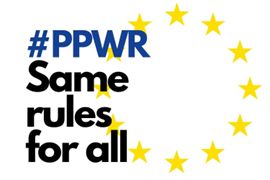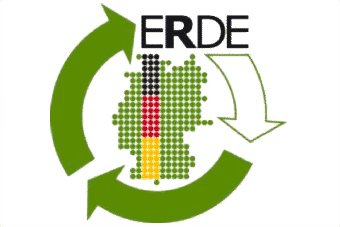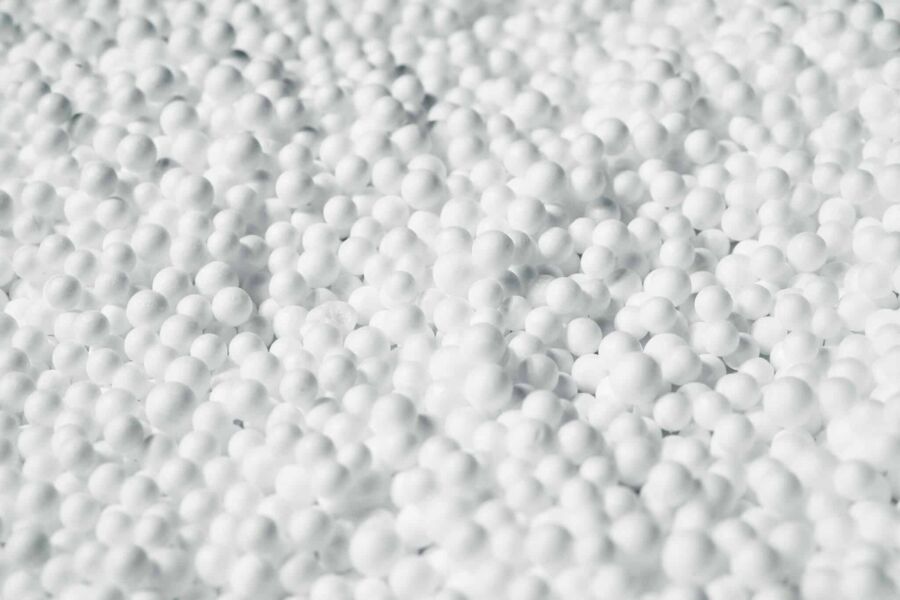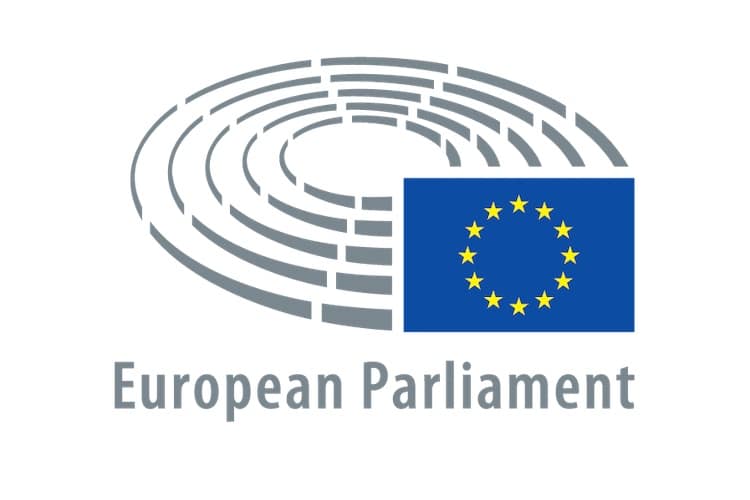Bad Homburg, 18 March 2024 – After the EU member states agreed to the compromise on amendments to the EU Packaging Regulation (PPWR) on 15 March, manufacturers of plastic packaging are criticising the numerous unfounded loopholes that still exist. The unjustified privileges granted to paper and cardboard packaging, for example, with regard to bans, the use of recyclates and reusable packaging obligations lead to more packaging waste, higher CO2 emissions and less recycling – a contradiction to the objectives of the regulation.
In addition, IK believes that the EU is heading for massive trade conflicts as a result of the “mirror clause” that was introduced at short notice. The clause stipulates that the same environmental requirements as in the EU must apply to the manufacturing process for plastic recyclates and therefore to the import of goods packaged in plastic from third countries before they can be placed on the market in the EU.
Dr. Martin Engelmann, IK Managing Director
“We are appalled that the PPWR is to be transformed into an anti-plastics regulation,” criticises IK Managing Director Dr Martin Engelmann. “The Commission’s continued silence on the changes is unacceptable. We are calling on the Commission to disclose its concerns, particularly with regard to trade barriers. It should also clarify that the massive expansion of the reusable quotas for industrial packaging to 100% is technically impossible in many cases and ecologically nonsensical and is tantamount to a ban on many types of packaging,” says Engelmann.
At the same time, IK continues to demand the same rules for all packaging materials in order to avoid ecological misdirection. The association sees the Commission’s review of the compromise as an opportunity to establish clear and, above all, legally secure regulations and thus avoid a wave of lawsuits.
Dr. Isabell Schmidt, Managing Director of Circular Economy
“Food packaging made of paper and cardboard, for example, usually cannot do without a plastic coating, as uncoated fibres cannot retain moisture or grease. Compared to pure plastic packaging, however, they are significantly less recyclable and are also 40 per cent heavier on average, which has a negative impact on energy consumption. The fact that they are excluded from many regulations leads to an undesirable development on the market and contradicts the EU’s principle of equal treatment,” criticises Dr Isabell Schmidt, Managing Director of Circular Economy at IK. For example, the association finds it incomprehensible that plastic-coated packaging with less than 5 per cent plastic content would be exempt from the recyclate usage quotas and would not have to fulfil the requirements for large-scale recycling. It will also be possible to continue eating out of plastic-coated disposable packaging in fast food restaurants in future, while pure plastic packaging is to be banned.
IK, its members and other associations have already publicly pointed out the dramatic ecological shortcomings caused by material-discriminatory regulations on several occasions. The positions are supported by studies on material efficiency and environmental impact and, most recently, by a legal opinion from the law firm Dentons on the legally unfounded unequal treatment of plastic packaging.
 PPWR falls short of its own targets – special rules for plastics ecologically and legally unfounded
PPWR falls short of its own targets – special rules for plastics ecologically and legally unfounded
In dialogue with Dr Martin Engelmann and Dr Isabell Schmidt on a level playing field in the PPWR





